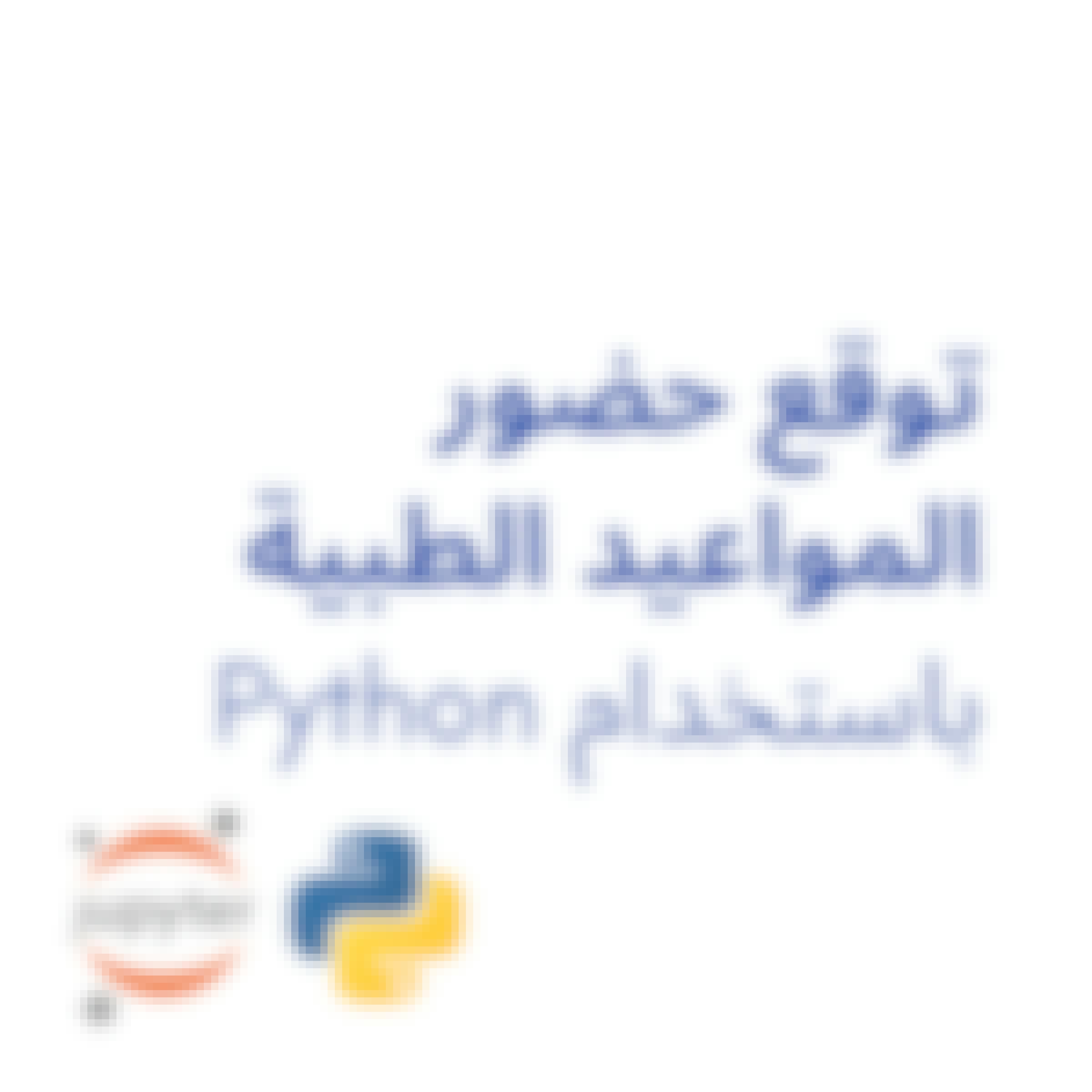Filter by
SubjectRequired
LanguageRequired
The language used throughout the course, in both instruction and assessments.
Learning ProductRequired
LevelRequired
DurationRequired
SkillsRequired
SubtitlesRequired
EducatorRequired
Explore the Information Theory Course Catalog

 Status: Free
Status: Free
Google Cloud
Skills you'll gain: Applied Machine Learning, Machine Learning Methods, Artificial Neural Networks, Artificial Intelligence and Machine Learning (AI/ML), Deep Learning, Natural Language Processing
 Status: New
Status: New
Google Cloud
Skills you'll gain: Private Cloud, Virtual Machines, VMware ESX Servers, Cloud Infrastructure, Google Cloud Platform, Cloud Computing, Hybrid Cloud Computing, Cloud Storage, Data Storage Technologies, Cloud Management, Virtual Private Networks (VPN), General Networking, Firewall


H2O.ai
Skills you'll gain: Application Development, User Interface (UI), Development Environment, ChatGPT, Cloud Applications, Generative AI, Artificial Intelligence, Application Deployment, Python Programming, Cloud Computing, Open Source Technology
 Status: New
Status: NewSkills you'll gain: Power BI, Data Analysis Expressions (DAX), Data Pipelines, Data Transformation, Data Analysis, Microsoft Azure, Analytics, Data Warehousing, Data Integration, Data Processing, Data Cleansing, Data Modeling, Dashboard, Data Governance
 Status: New
Status: NewSkills you'll gain: Microsoft Copilot, Microsoft Power Platform, Microsoft 365, Security Management, Productivity Software, Threat Detection, Compliance Management, Artificial Intelligence, Automation, Operational Efficiency, Incident Response, Generative AI
 Status: Free
Status: Free
Amazon Web Services
Skills you'll gain: Live Streaming, Amazon Web Services, Digital Communications, Telecommunications, Real Time Data


Coursera Project Network
Skills you'll gain: Exploratory Data Analysis, Data Analysis, Data Processing, Artificial Intelligence, Predictive Modeling, Data Science, Jupyter, Machine Learning, Python Programming

Skills you'll gain: Node.JS, Back-End Web Development, User Accounts, Server Side, Swift Programming, Full-Stack Web Development, Data Security, Apple iOS, Authentications, API Gateway, Mobile Development, Real Time Data, User Interface (UI), Application Development, JSON, Data Modeling, Debugging

Skills you'll gain: Data Pipelines, Google Cloud Platform, Data Processing, Data Migration, Data Infrastructure, Data Warehousing, Data Storage, Data Management, Data Analysis, Automation, Data Security
 Status: New
Status: NewSkills you'll gain: Data Analysis Expressions (DAX), Power BI, Data Transformation, Data Modeling, Data Visualization Software, Interactive Data Visualization, Statistical Visualization, Data Storytelling, Data Integration, Dashboard, Data Manipulation, Microsoft Excel, Data Import/Export, Pivot Tables And Charts, Business Intelligence, Data Cleansing, Data Security
 Status: New
Status: New
L&T EduTech
Skills you'll gain: Building Information Modeling, Civil Engineering, Building Design, Building Services Engineering, Facility Management, Landscape Architecture, Architectural Design, Transportation Operations, HVAC, Safety and Security, Environmental Engineering, Capacity Planning
 Status: New
Status: NewSkills you'll gain: Wireless Networks, Network Planning And Design, Cloud Management, Network Performance Management, Network Infrastructure, Local Area Networks, Network Administration, Networking Hardware, Identity and Access Management, Network Troubleshooting, User Accounts, Configuration Management
Information Theory learners also search
In summary, here are 10 of our most popular information theory courses
- Attention Mechanism - 한국어: Google Cloud
- Google Cloud VMware Engine Fundamentals: Google Cloud
- H2O Wave Starter Course: H2O.ai
- Getting Started with Microsoft Fabric: Whizlabs
- Microsoft Copilot: Power Platform & Security Best Practices: Whizlabs
- AWS Elemental Statmux: Amazon Web Services
- توقع حضور المواعيد الطبية باستخدام Python: Coursera Project Network
- Advanced Full Stack Development and SwiftUI Basics: Packt
- Preparing for Professional Data Engineer Journey - Español: Google Cloud
- Microsoft Power BI - The Complete Masterclass [2023 EDITION]: Packt












